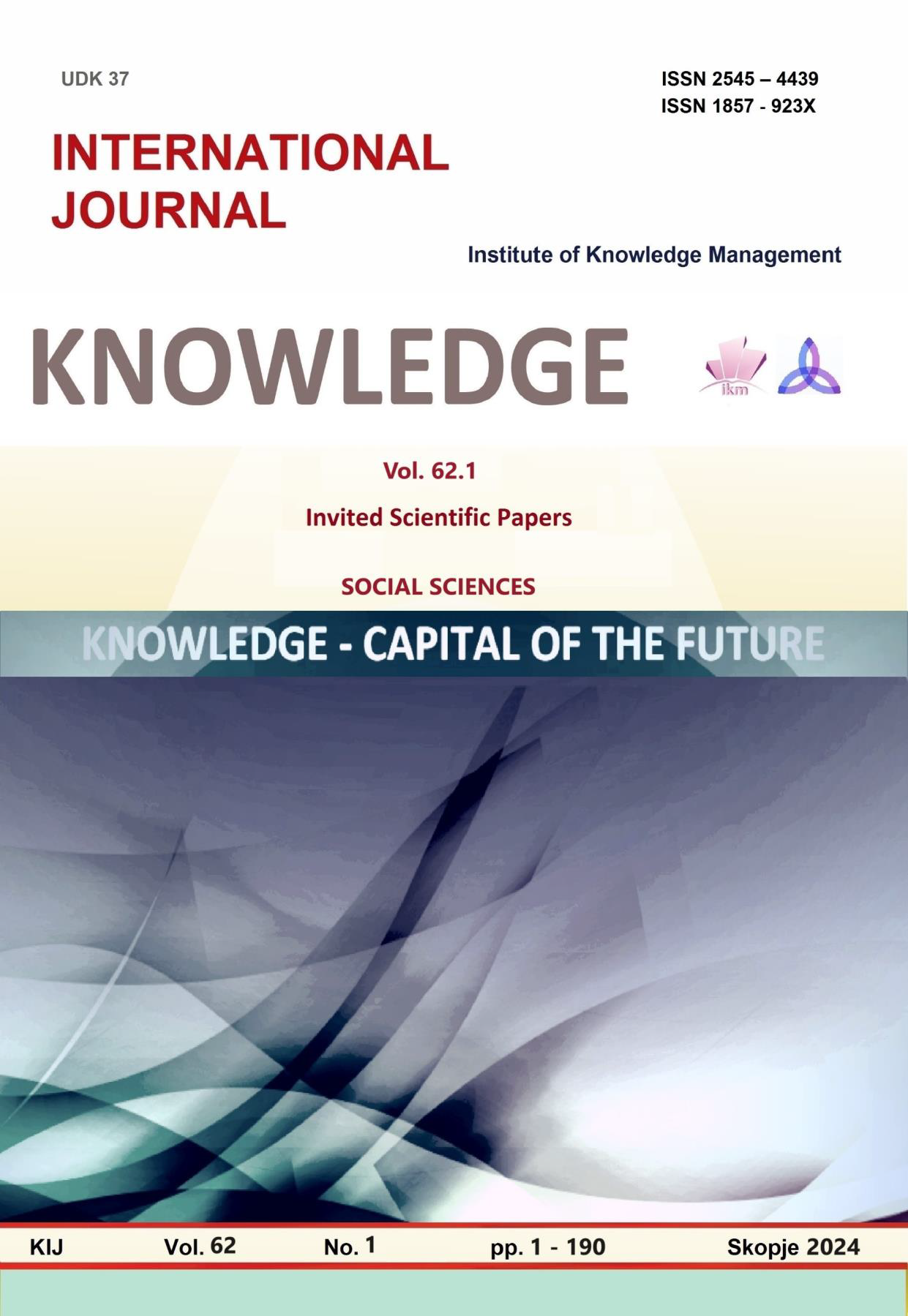ЕТНИЧКИТЕ КОНФЛИКТИ ВО СРБИЈА ПОД ВЛИЈАНИЕ НА МЕЃУНАРОДНАТА ЗАЕДНИЦА
ETHNIC CONFLICTS IN SERBIA UNDER THE SUPERVISION OF THE INTERNATIONAL COMMUNITY
Author(s): Emilija Stefanovska DavkovaSubject(s): Politics, Human Rights and Humanitarian Law, Inter-Ethnic Relations
Published by: Scientific Institute of Management and Knowledge
Keywords: Political system;human rights;ethnic relations;Serbia;minority rights;USA;NATO;EU;ethnic conflicts between serbs and albanians
Summary/Abstract: Ethnic relations between Serbs and Albanians throughout their historical development were very complex and layered. Differences which caused conflicts and later tensions arose from different levels of economic development of the ethnicities that created a sense of inequality or marginalization of certain ethnicities within certain socio-political communities. It was also caused by the sociological characteristics of ethnic communities, lаck of collective minority rights that reflect the status of the ethnic communities, lack of mechanisms to promote the rights of the minorities from political overvoting of the majority over the minority (majorization), lack of affirmative action, etc. Such questions often produce radical methods of solution and sometimes led to wars which were ended by the International Community represented by NATO , EU and USA.The province of Kosovo and Metohija, with a significant Albanian population, remains a focal point for tensions and dialogue between these two ethnic groups. Efforts towards normalization of relations and regional stability are ongoing, in the post-war period, as a possible solution in terms of the ethnic reconciliation and coexistence in these countries, majority democracy was significantly replaced by consociational democracy as a form of political functioning that mostly protects the collective rights of the dominant ethnic groups in these countries, i.e. where the making of the most important state decisions is bound by the consensus of the dominant ethnic groups and their parity representation in the highest state institutions - the Government, the Parliament and the judiciary, but also locally.The effects of the decisions of the international factor are mostly positive - they are characterized by ending the hostilities, providing conditions for refugees who have emigrated abroad or internally displaced persons to return to their homes, rebuild their destroyed homes and return to their economic activities and any other normalization of their conditions. However, the main effort of the foreign factor was more aimed at ensuring the security of the region and the population, as well as the stability of the political institutions and less to ensure the effectiveness of their political systems, which will be their commitment in the future period. The international comunity mediates the proces of reconciliation between Serbia and Kosovo towards normalization between the relations of its ethnicities and finding cooperation between these countries that would be more beneficial for their progress than any other type and quality of their relation. The effectiveness of these efforts depends on the cooperation of the involved parties and the broader geopolitical context and it will be scientifically analyzed in this paper.
Journal: Knowledge - International Journal
- Issue Year: 62/2024
- Issue No: 1
- Page Range: 141-146
- Page Count: 6
- Language: Macedonian

